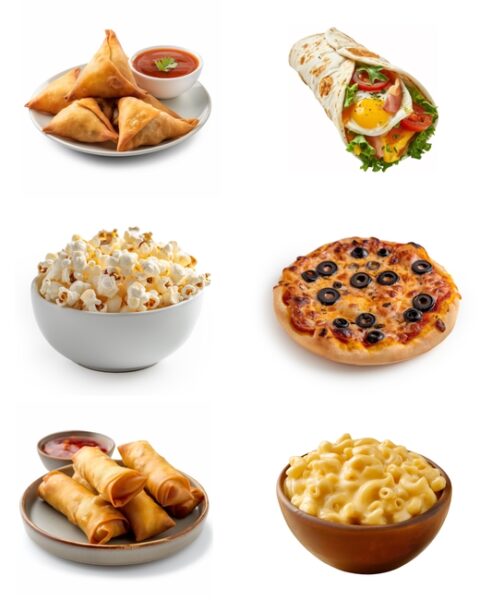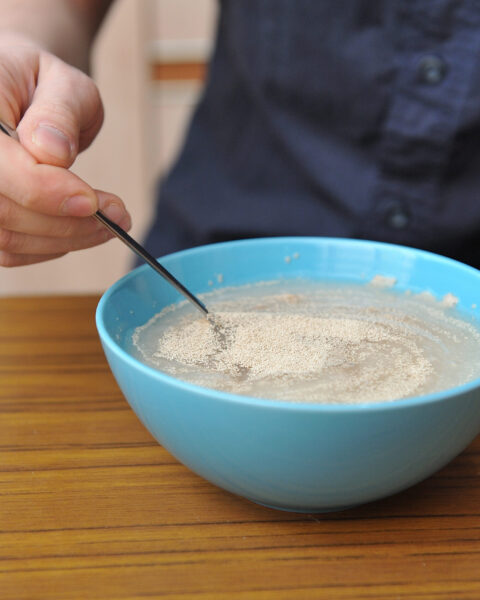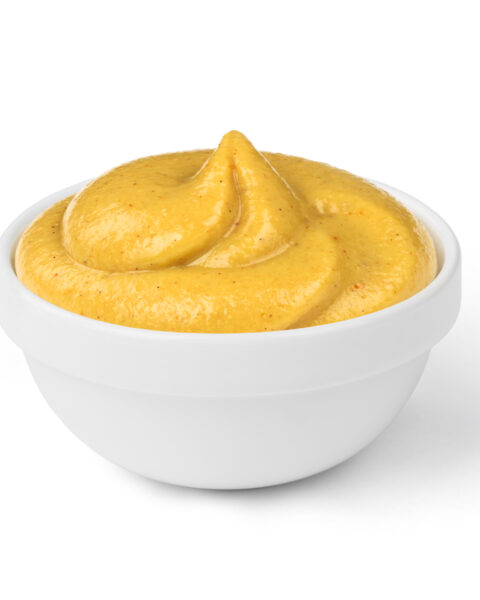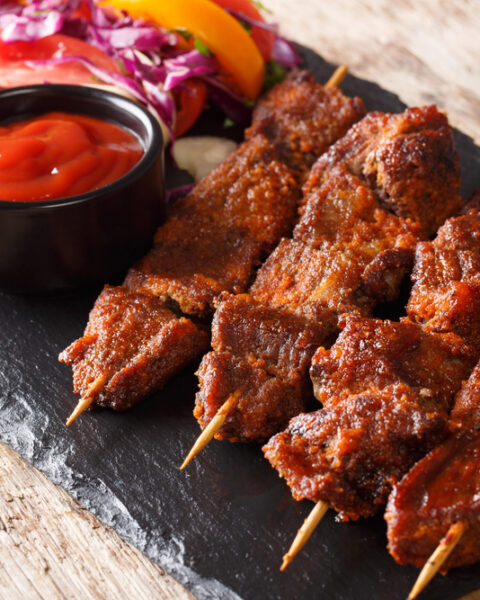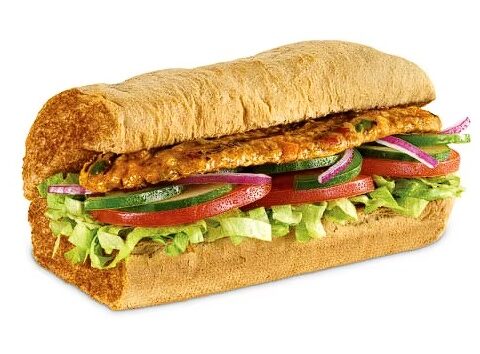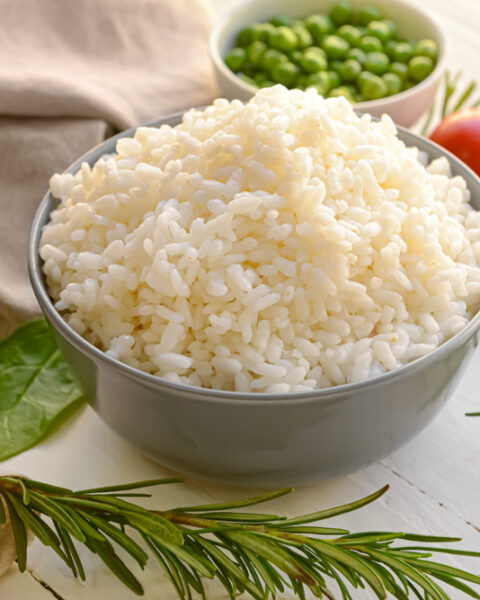Frozen foods can be a lifesaver for busy weeknights or when you’re short on time. But not all frozen foods are created equal, and some can be loaded with unhealthy ingredients. To help you make the best choices for your health we’ll be sharing 11 frozen foods that dietitians recommend for their nutrition and convenience, as well as 3 that they advise against. From frozen fruits and veggies to whole-grain frozen meals, these recommendations will help you stock your freezer with healthy and delicious options.
Contents
- 1 Love: Frozen Berries
- 2 Love: Frozen Leafy Greens
- 3 Love: Frozen Fish
- 4 Love: Frozen Vegetables
- 5 Love: Frozen Quinoa or Brown Rice
- 6 Love: Edamame
- 7 Love: Frozen Whole Grains and Legumes
- 8 Avoid: Frozen Pizza
- 9 Avoid: Frozen Breakfast Pastries and Waffles
- 10 Avoid: Frozen Breaded and Fried Foods:
- 11 More From RetailShout
- 12 28 Chocolate Recipes for a Decadent Dessert
- 13 13 Things People Can No Longer Afford
Love: Frozen Berries
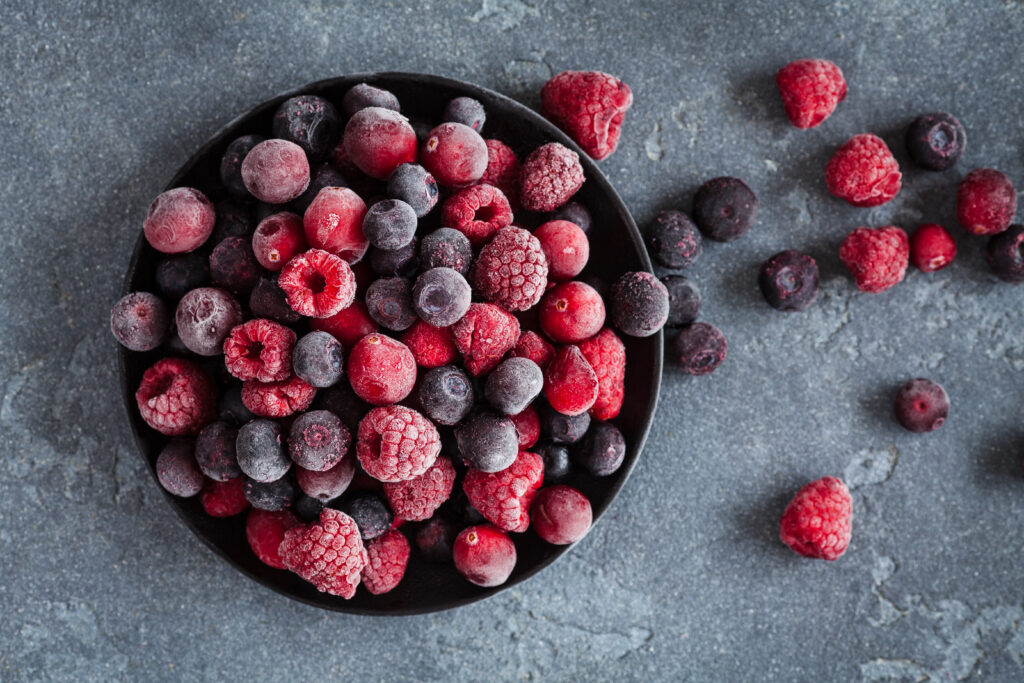
Rich in antioxidants, vitamins, and minerals, frozen berries are a staple for many dietitians. They’re often flash-frozen shortly after being harvested, retaining more nutrients than some fresh counterparts. Great for smoothies, oatmeal, or baking.
Love: Frozen Leafy Greens
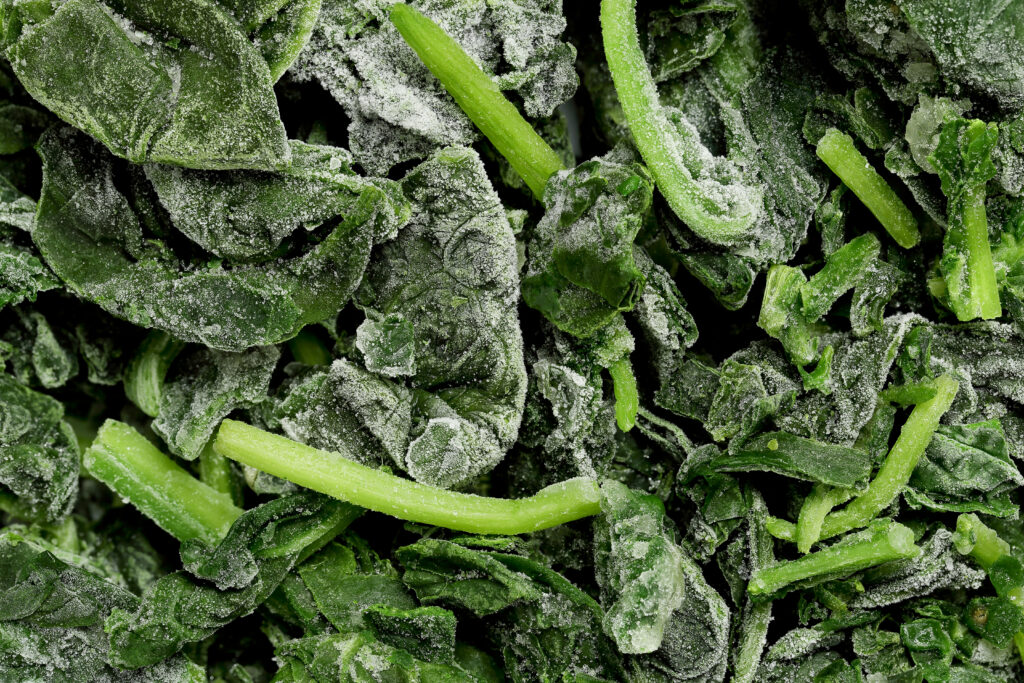
Kale, spinach, and other greens are nutrition powerhouses. When frozen, they retain their nutrient content, making them perfect for smoothies or side dishes.
Love: Frozen Fish

Many dietitians recommend frozen fish like salmon and cod. Often flash-frozen right after being caught, they’re rich in omega-3s and are a quality protein source.
Love: Frozen Vegetables
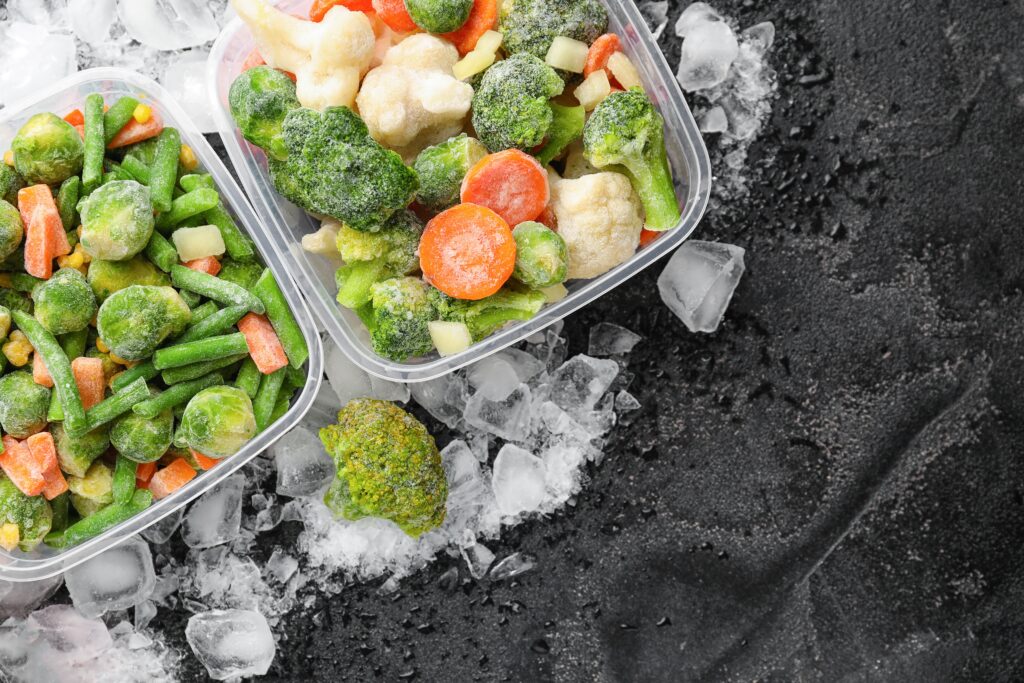
Vegetables like broccoli, cauliflower, and green beans are staple foods in many dietitians’ freezers. Being versatile, they’re useful in stir-fries, casseroles, and side dishes.
Love: Frozen Quinoa or Brown Rice

For a quick and healthy grain source, pre-cooked and frozen quinoa or brown rice can be a lifesaver, providing complex carbohydrates and fiber.
Love: Edamame
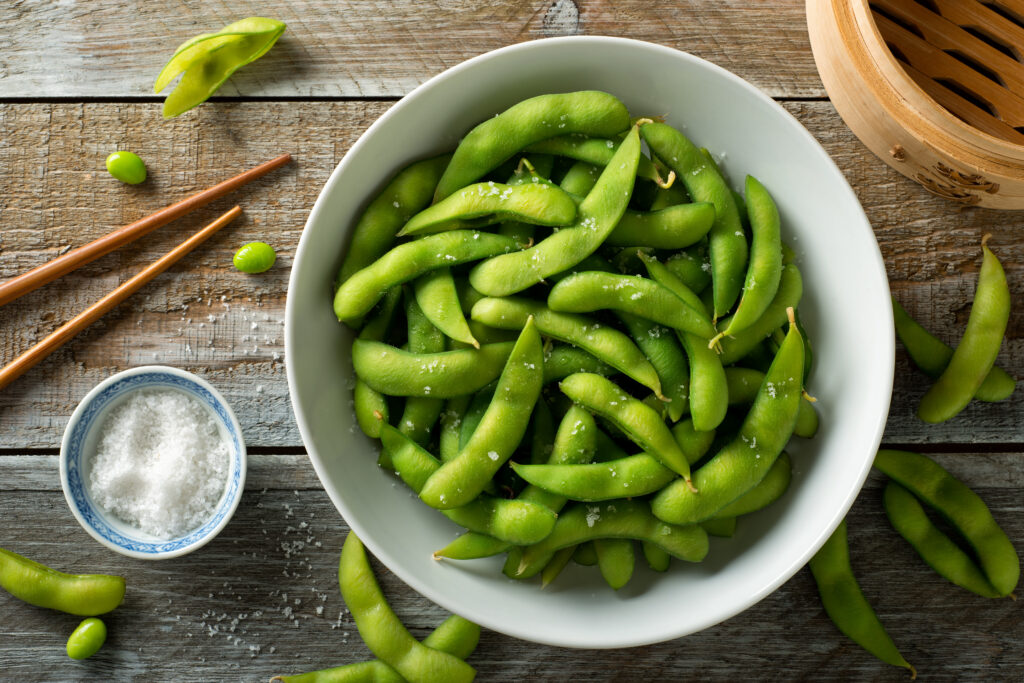
Edamame, or young soybeans, are protein-rich and make for a great snack or addition to meals. Many dietitians suggest having a bag in the freezer for a quick protein boost.
Love: Frozen Whole Grains and Legumes
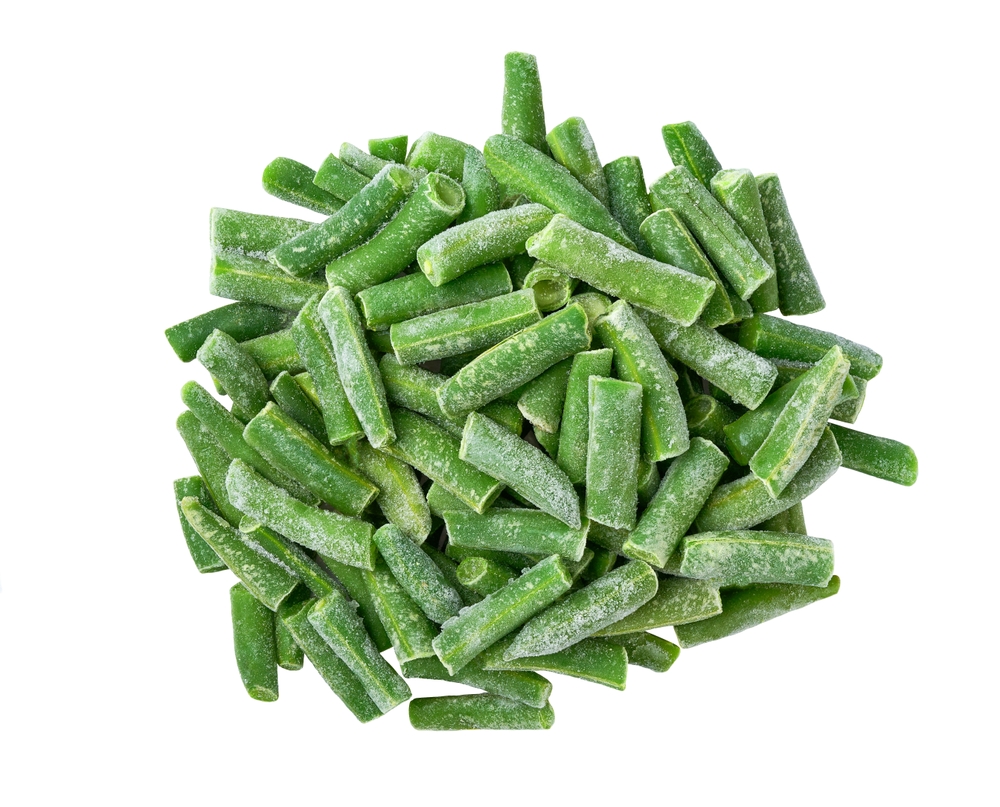
Foods like chickpeas, lentils, and whole grain mixes, when frozen, can be convenient additions to meals, providing ample fiber and protein.
Avoid: Frozen Pizza
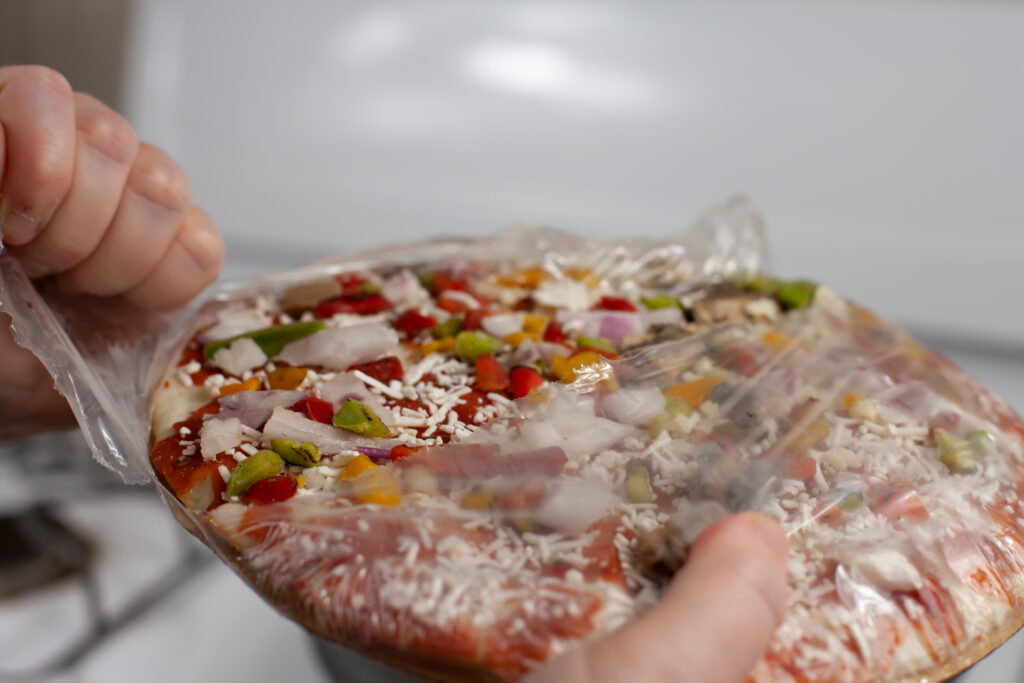
While convenient, most frozen pizzas are high in sodium, saturated fat, and lack substantial nutritional value, leading many dietitians to suggest limiting their consumption.
Avoid: Frozen Breakfast Pastries and Waffles
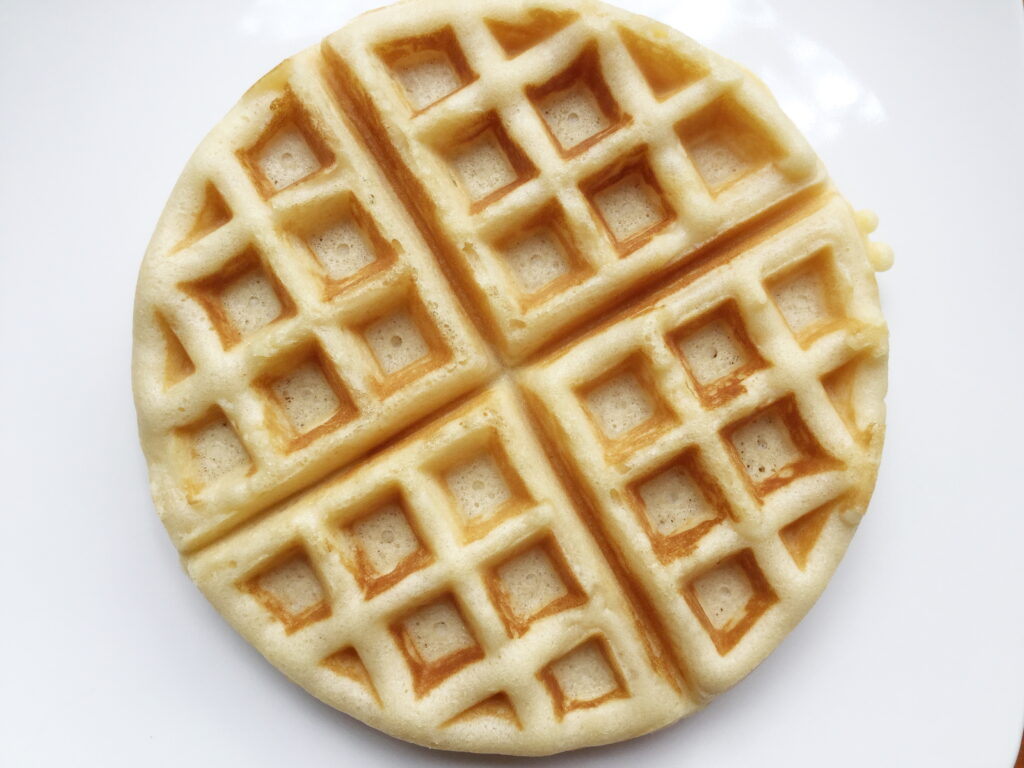
Laden with added sugars, artificial flavors, and minimal protein, these are often not the ideal start to one’s day, nutritionally speaking.
Avoid: Frozen Breaded and Fried Foods:

Items like breaded chicken nuggets, mozzarella sticks, and fried fish sticks are often high in saturated fats, sodium, and offer limited nutrition, making them less favored among many health professionals.
Remember, individual preferences and recommendations might vary, so always consult with a registered dietitian for personalized advice.
This article originally appeared on RetailShout.
More From RetailShout
15 Most Popular Pop Tart Flavors, Ranked
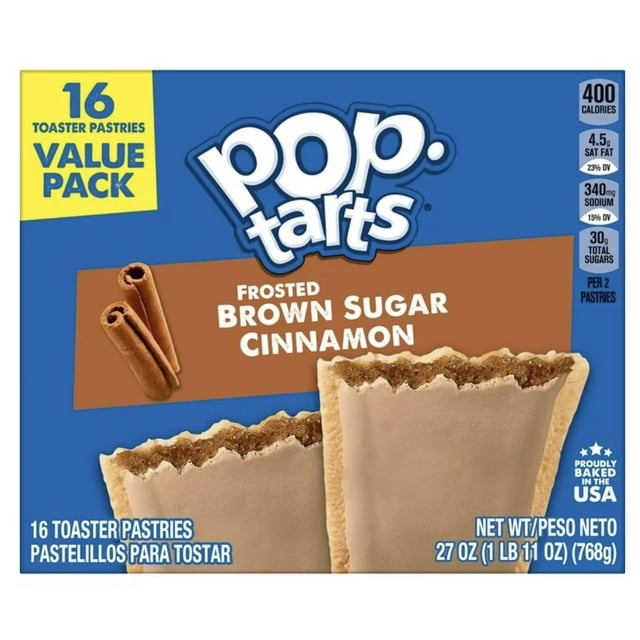
Ever found yourself in the cereal aisle, staring at the vast selection of Pop-Tart flavors and feeling a bit overwhelmed? You’re not alone. With so many delicious options, it can be tough to pick just one. That’s why we’ve taken the time to rank the most popular Pop-Tart flavors, from the least to the absolute best. Read More.
28 Chocolate Recipes for a Decadent Dessert
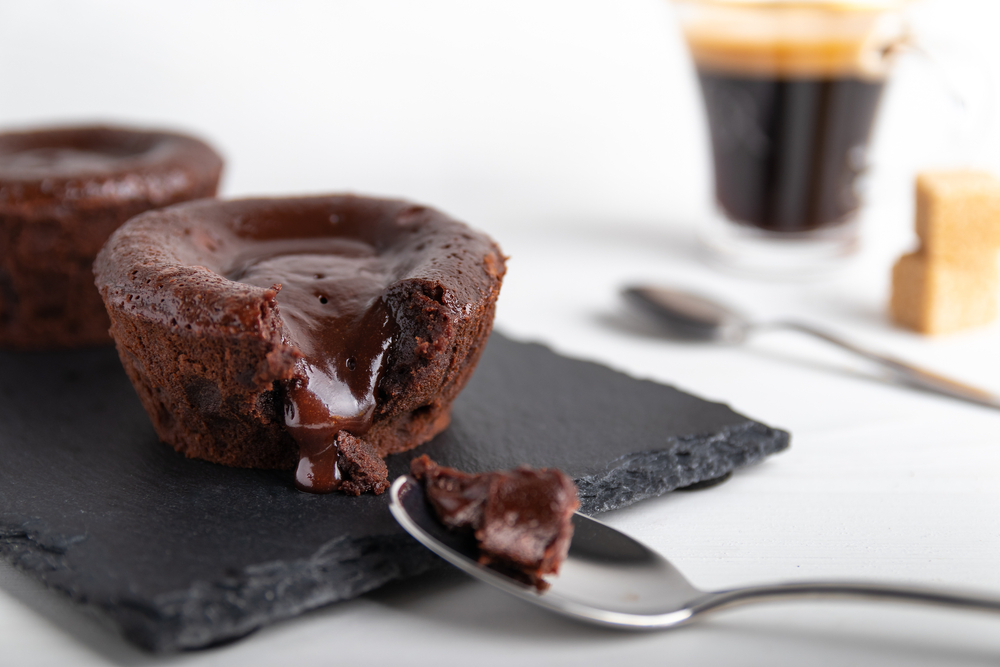
Nothing quite hits the spot like a decadent chocolate dessert. Whether you’re in the mood for a rich chocolate cake or a silky smooth mousse, there’s something incredibly satisfying about indulging in a chocolate treat. Read More.
13 Things People Can No Longer Afford

Living in today’s world means facing rising costs for many goods and services that were once more affordable. From the daily essentials to the little luxuries, prices are climbing higher and higher. Read More.

